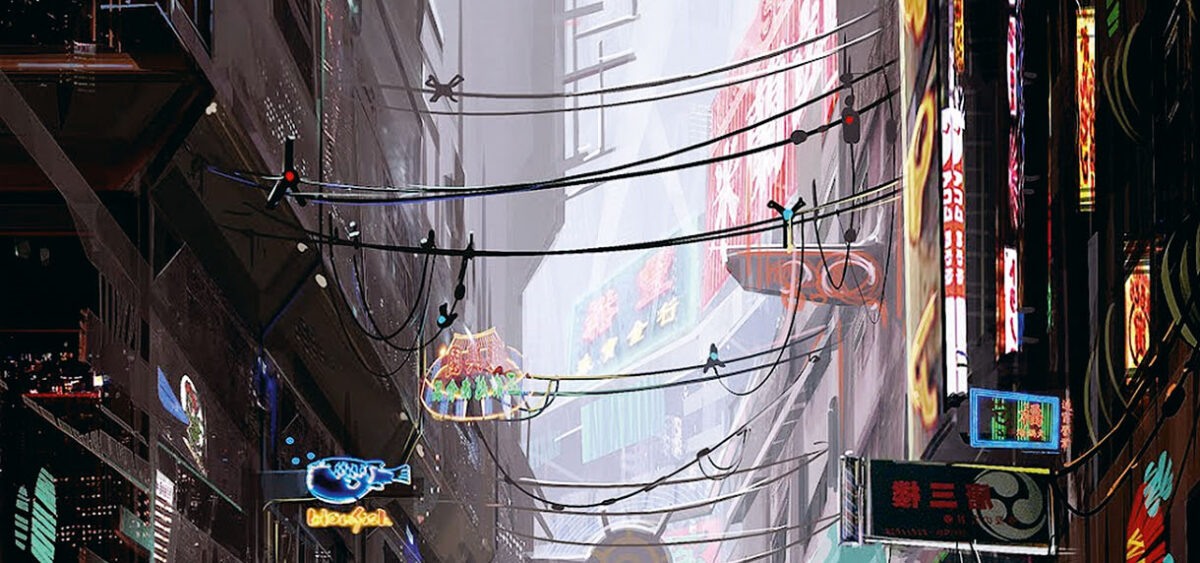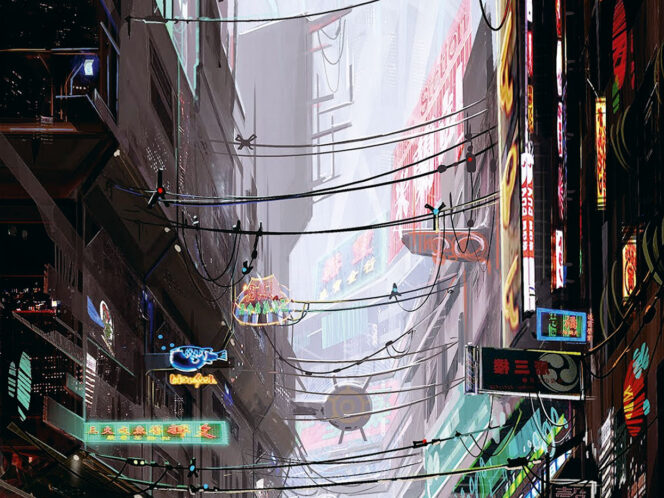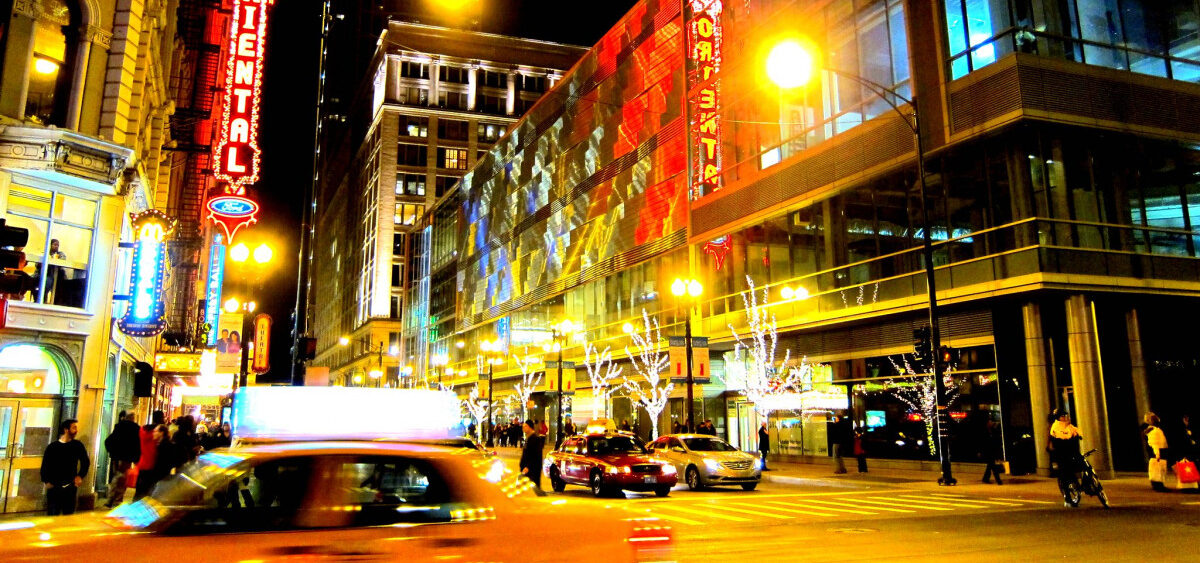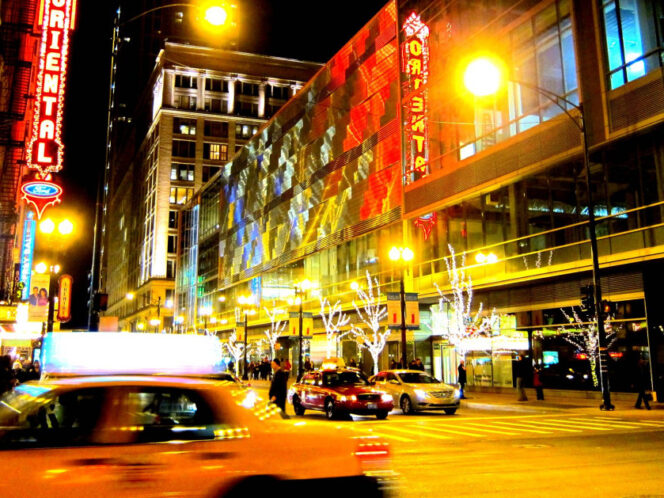
You can’t sell anything to a sleeping person. So, from the economic point of view, sleep is unprofitable. It is the last frontier of humanity, which protects us from the deluge of consumption.
I can’t tell whether it’s night or morning, or which consecutive day, entangled with darkness, it is. The twenty-first. For the twenty-first time, I wake up in the artificial bluish light, the air-conditioned atmosphere, among the quiet murmurs made by people in other capsules. We care about the etiquette of noiselessness and anonymity. Our smiles, exchanged in the shared bathroom and at the large dining room table, express a kind of désintéressement amid dim sums, pickled ginger, and the flash of screens that we watch far more intently than each other. Like all the inhabitants of this metaphorical space station, who rent a small closet, a niche with a bed, an electrical outlet, and a sliding laptop tray, I feel light, unconnected, timeless.
The reduction of private space, the removal of darkness, the absence of smell, and the uninterrupted connection to the internet lulls us into a gentle, intoxicating stupor. We succumb to the illusion of an infinite present. I have managed to forget how old I am, if anyone is waiting for me at home thousands of miles from here, and whether I’m planning to go somewhere else. I think of nothing. I exist—at least I think I do. Sleep deprivation is taking its toll; I’m tired, I don’t feel hungry, nothing affects me at all.
Astronauts, whose bodies and minds can’t rely on a circadian rhythm, enter a similar state. Bereft of gravity and time-allocation derived from nature, they experience deregulation. Except that I happen to experience weightlessness on Earth—in Singapore, a city perfectly automated, surrounded by devices ready to satisfy most of my needs all the time. Its citizens spend the least time sleeping of all humans. Not much over five hours a day. Life here is a sample of a future when there is no more sleep.
Money doesn’t sleep. When stock markets in Europe and Asia pause, the one in Singapore produces financial facts for the following day. At that time, the smartphones of managers and brokers quietly vibrate on the bedside tables of the Western Hemisphere, collecting valuable information, which a hand will reflexively reach for right after awakening. Bodies adjust to the rhythm dictated not by dawn and dusk, but the electronic environment. Fewer and fewer of us sleep truly deeply. More and more of us only move to shallow immersion, the equivalent of stand-by mode on devices. And those aren’t actually turned off anymore, just switched to silent








